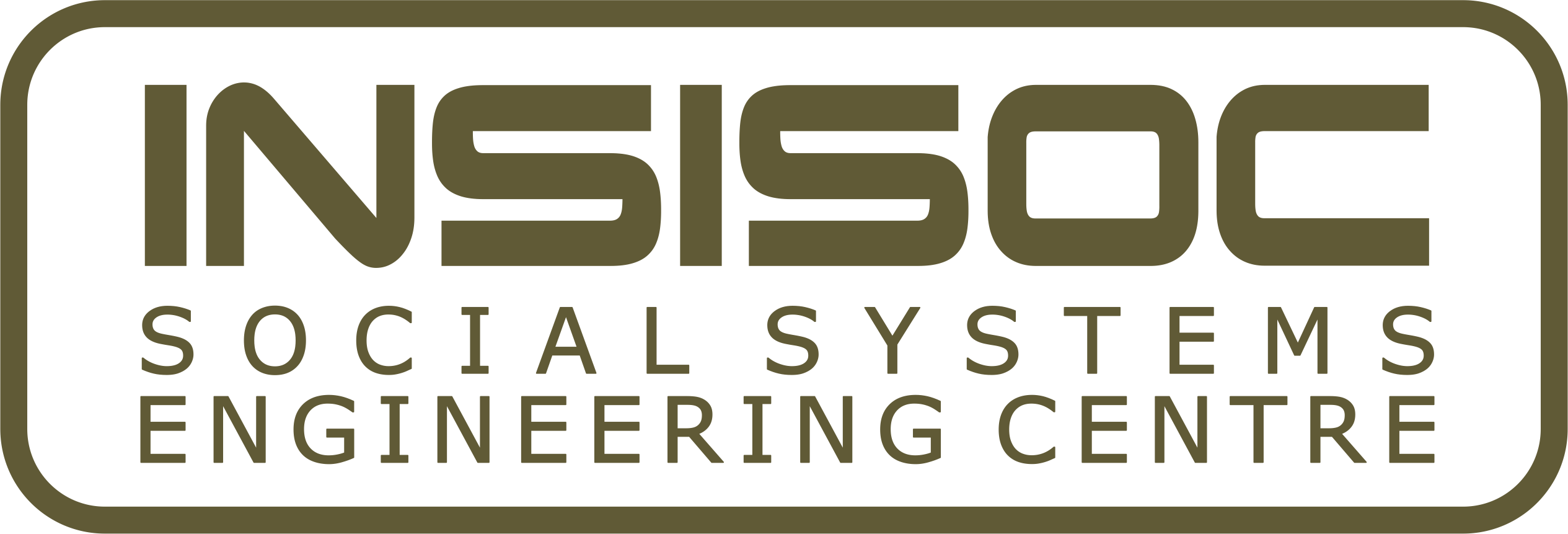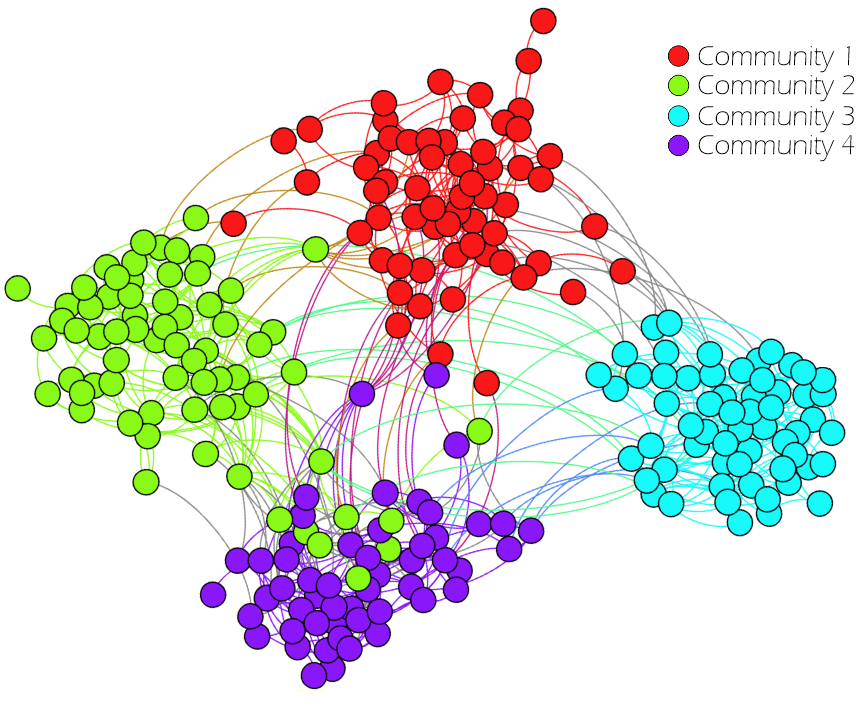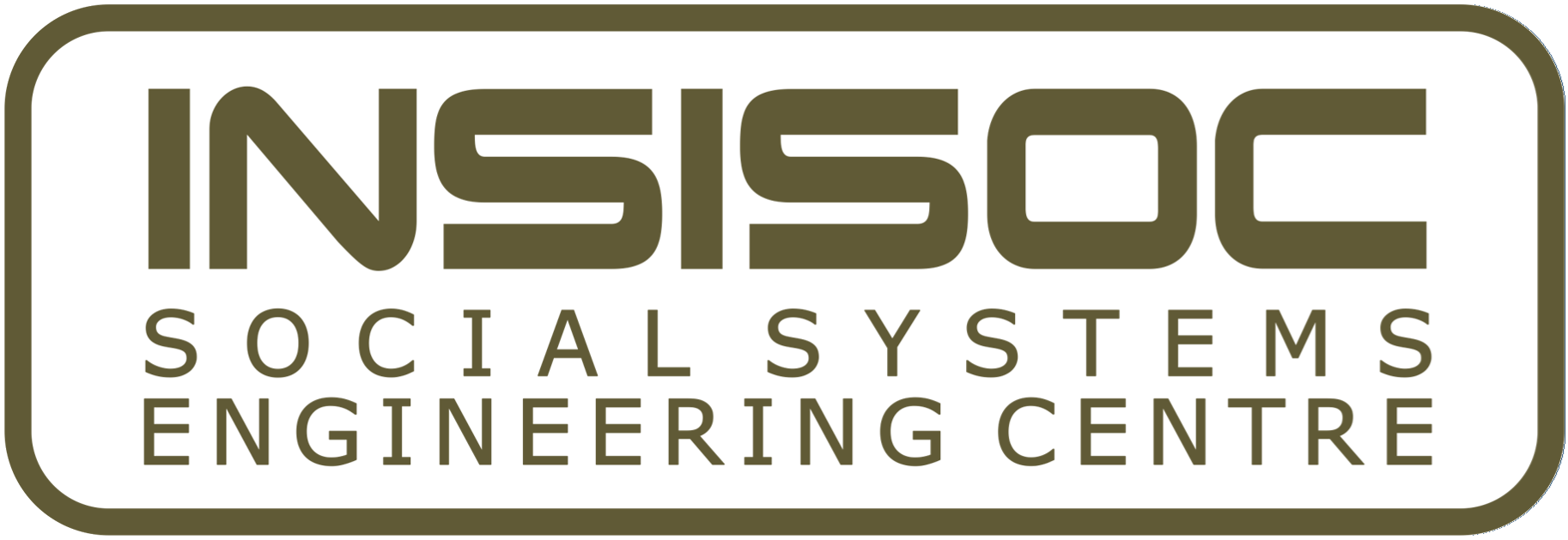The goal of this project was to provide a well-sound methodological framework for the treatment of complexity by policy makers and social scientists, endowed with an updated theoretical body of knowledge, a set of tools that would enable scenario simulation, and a collection of case studies to guide and demonstrate the applicability of the framework. This framework was based on agent-oriented modeling and simulation methods and tools.
Agent oriented modeling provided a conceptual framework for analysis and simulation of complex social systems. This came from the fact that agent related concepts allowed the representation of organisational and behavioural aspects of individuals in a society and their interactions. This motivated in the last years the development of a wide range of software languages, shells and libraries to simulate agent-based models.
However, all presented two difficulties for being widely accepted by social scientists: the end-user should have certain programming skills, and these software frameworks had been implemented forgetting the social specifications.
INSISOC gathered its wide experience in the application of agent-based simulation tools for the study of complex social systems in order to define the scientific method for the analysis of social phenomena and policy making.
SiCoSSys project produced a set of tools and simulation models of social systems using techniques of agent-based modeling:
- The meta-model editor INGENME
http://ingenme.sourceforge.net
- The systems editor self-managed self-MML
http://selfmml.sourceforge.net
- The social network simulator Krowdix
http://sourceforge.net/projects/krowdix/
This was accompanied by a library of mechanisms for social interaction ready to reuse, and a collection of case studies of interest for both social and computer scientists, which could benefit stakeholders in public administration and EPOs.
Case studies integrated the sociological foundations (developed by UAB) of artificial societies, with a methodology where a modeling framework provided by UCM played a central role.
We also developed models of complex systems that validated SiCoSSys methodology in several application areas: water management, financial markets, changing values in society, social networking, team working, flexible manufacturing systems and emergency management.
The project generated a prolific scientific output: more than 40 articles in journals indexed in JCR, and over 50 international conferences.
This also facilitated the participation in project consortia and networks of excellence in the Seventh European Research Framework Programme.



